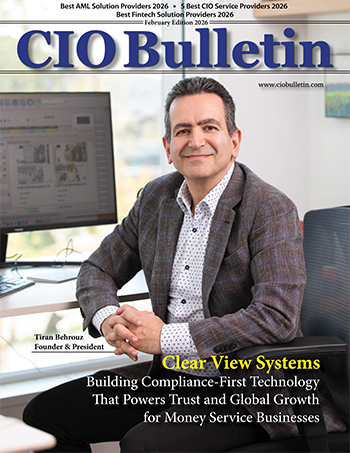Home Industry Fintech JPMorgan Reshapes Data Access ...
Fintech

CIO Bulletin
15 November, 2025
JPMorgan signs a new data-sharing agreement, which reorients the relationship between banks and FinTech intermediaries.
JPMorgan Chase has signed new data-sharing contracts with key FinTech intermediaries, which represents a major change to how third-party applications accessed banking data of customers. These revised contracts incorporate over 95% of the data requests submitted via the services such as Plaid, Yodlee, Morningstar and Akoya, ensuring that the bank receives guaranteed payments.
This migration is after several years of tensions between the traditional banks and the FinTech sector in accessing open-banking-related customer information freely. Even though the CFPB of 2024 had a regulation in which banks had to share their data free of charge, there was space to renegotiate due to ethical law-related challenges and ambiguity of the ruling.
Previously, JPMorgan had allowed FinTech companies to access its systems without paying any fee, which made popular apps effortlessly check their balances or send funds. However, by introducing a fee on access to such data the bank currently has to face, despite it having reduced original pricing, industry leaders believe it may slacken the pace of innovation and reduce consumer options.
It is the opinion of the observers that the move by JPMorgan will wrap around how other banks also arrange their own deals with the FinTech firms and it could end up redefining the entire ecosystem. Analysts are also worried that the growth would create obstacles to startup companies that are major consumers of low-cost data connectivity.
Although JPMorgan was criticized by FinTech associations, the new deals will enhance security, sustainability and reliability throughout the climate of open banking, regardless of what another association claims. With CFPB reconsidering the rule, both banks and FinTech companies await an understanding of which party will eventually take the upper hand under the regulators.

Insurance and capital markets







